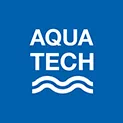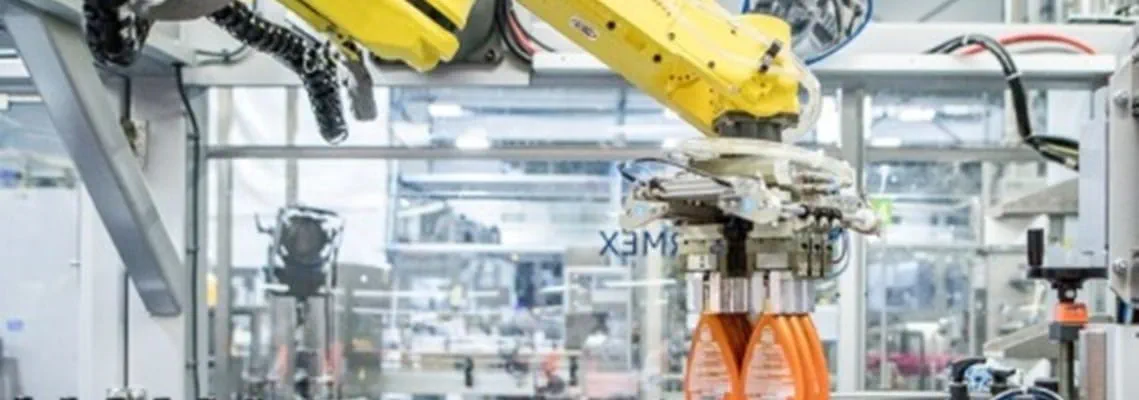Full industrial water recycling by 2030
French beauty product giant L’Oréal has included sustainable water management and a circular use of resources as part of its revised 2030 sustainability goals.
In ambition move, the organisation has also said it will recycle and reuse 100 per cent of the water used in its industrial processes by 2030.
Called “L’Oréal for the future”, the organisation said the sustainability program reinforces its commitments to both sustainability and inclusion.
The theme of the sustainability ambitions is “planetary boundaries”, with chairman and CEO Jean-Paul Agon stating: “We know the biggest challenges remain to come and L’Oréal will stay faithful to its ambition: operate within the limits of the planet.”
Managing water sustainably
Water, biodiversity and natural resources form part of L’Oréal’s first pillar called titled ‘Transforming ourselves’.
On sustainable water management, the following targets have been set:
-
By 2030, L’Oréal will also innovate to enable consumers to reduce by 25 per cent, on average and per finished product, the water consumption linked to the use of our products, compared to 2016.
-
In 2030, 100 per cent of the water used in its industrial processes will be recycled and reused in a loop.
-
In 2030, all our strategic suppliers will use water sustainably in the areas where they operate.
What is a Dry Factory?
The goal to recycle 100 per cent of its process water follows the organisation’s “Dry Factory” initiative.
This refers to a plant where the only water consumption is that used in the composition of the products.
Water used for industrial processes, such as tank cleaning, is purified and reused for other process on-site, such as cooling or washing equipment.
The Settimo Factory in Torinese, Italy (video below), became the group’s second dry factory in 2018.
Water consumption was drastically reduced through an “ingenious system of filters and closed loops”.







